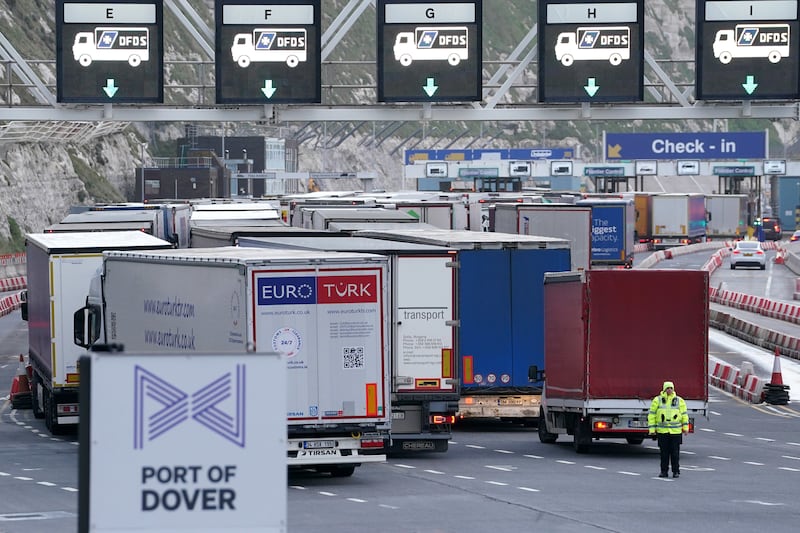By far the best way to resolve the complex debate over electoral pacts would simply involve extending Northern Ireland’s widely accepted proportional representation system to cover not just the European parliament, the Assembly and the district councils, as is already the case, but also Westminster contests.
Such a move would remove a persistent anomaly and end divisive claims over vote splitting, but is unlikely to be considered by a British government which remains committed to the old fashioned and largely discredited first past the post method.
The main Stormont parties therefore face major decisions over the forthcoming UK general election which is by any standards taking place in extraordinary circumstances and will have enormous consequences for Ireland, north and south, on a long term basis.
British prime minister Theresa May had previously declared that the poll would not take place before 2020 but last week abruptly announced that she had brought it forward by three years purely to facilitate the full implementation of her deeply contentious Brexit strategy.
Her Downing Street statement indicated that she had no interest in the inevitable central impact on the sensitive negotiations intended to bring about the return of the devolved institutions which were on hold since the resignation of the late Martin McGuinness last January.
It is clear that, rather that dealing with normal parliamentary business, we are facing a cynical manoeuvre from Mrs May which risks the disastrous imposition of a so-called hard border here and gravely damages our wider economic prospects as part of an aggressive departure from the EU.
This goes directly against the wishes of a significant majority of people in Northern Ireland as firmly expressed only ten months ago and it is a development which demands that an equally robust message is sent to Mrs May on June 8.
Unfortunately, it appears that the DUP and the Ulster Unionists will renew and quite possibly expand their existing dubious deal over seats, despite the fact that they were officially in opposite camps during last year's referendum.
As a result, the pro EU groups know that, if they all campaign separately, there is every prospect that constituencies where they collectively secure most of the votes will be instead be captured by stridently Brexit-backing MPs.
The two largest unionist parties have readily endorsed electoral pacts in the past, but valid concerns were always expressed that a similar approach from their opponents would downplay key policy differences and instead reduce the democratic process to an orange/green headcount.
However, Brexit has plainly changed everything and it would be wrong to suggest that a sectarian image could be applied to a positive response involving Sinn Féin, the SDLP and potentially the Green Party which is also capable of gaining support from moderate unionists.
Alliance has taken a different view, which is its prerogative, but the discussions which have already taken place between the other anti Brexit representatives are both reasonable and logical in a hostile environment which is not of their making.
There have been suggestions that some pro EU parties could either temporarily stand aside or back unaffiliated figures in particular areas and these are options which deserve to be comprehensively explored in the present crisis.
It remains to be seen whether or not a consensus can be reached in time for the nomination stage but it should be realised on all sides that Brexit has pushed us all into a defining period in our history.







